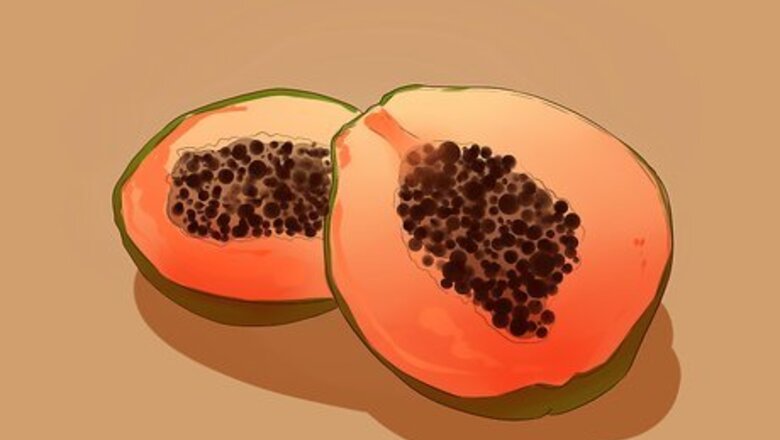
views
Minimizing Odors
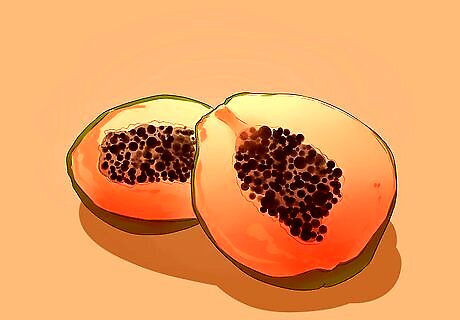
Opt for low-odor varieties of marijuana. There are several kinds from which to choose, perfect for indoor gardens where odor control is a concern. Experiment with different types and see what works for you in terms of smell and effects. Take note, though, that using a low-odor variety is unlikely to fully resolve odor problems, so you'll probably need to apply one of the other methods listed here as well. Blue Mystic Northern Lights Papaya Durban Poison Shark's Breath Polar Express
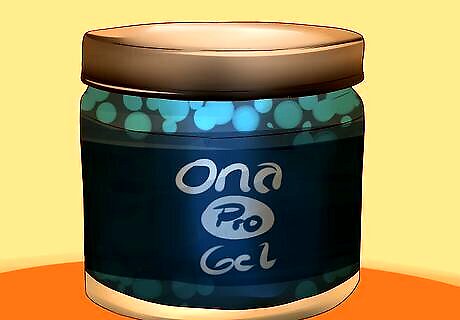
Try an odor neutralizer for small gardens. Odor neutralizers are a simple and affordable way to reduce or eliminate odors from smaller enterprises of just a few plants. Ona Pro Gel, which was developed for sewage treatment facilities, is one commonly recommended neutralizer. Simply place an open jar in the space adjacent to the grow. That's all it takes to minimize the smells in your living area. Replace the neutralizer regularly. One jar should last about four to six weeks, so mark your calendar and keep track of when you need a new one. Do not use an odor neutralizer in the same space as your plants. Neutralizers have been known to alter or reduce the smell of the marijuana plants themselves, so keep them clear of the grow room. Neutralizers work for small gardens only. While they may be perfectly fine for a few plants, they are probably not up to the challenge of larger enterprises.
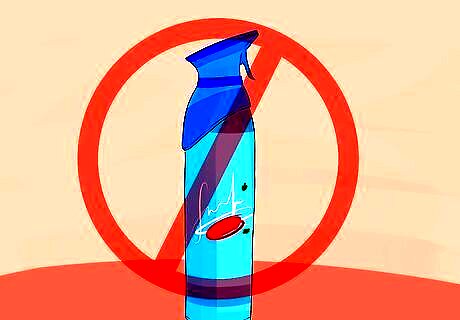
Skip products that mask the scent of marijuana. These include candles, incense, and air fresheners. They may cover the smell temporarily, but they are not a good long-term choice. If used in the vicinity of your garden, they could adversely affect the smell of the plants themselves. What's worse, air fresheners often contain harmful chemicals. They're best avoided.
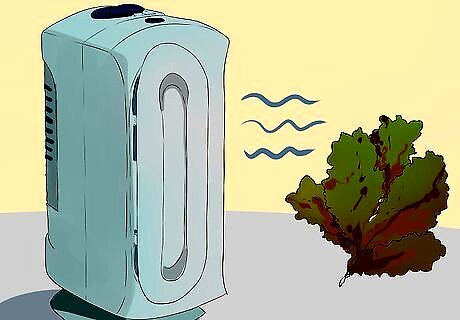
Opt out of air purifiers. While these products may remove some scents from the air, they are not nearly effective enough to eliminate odor from Cannabis.
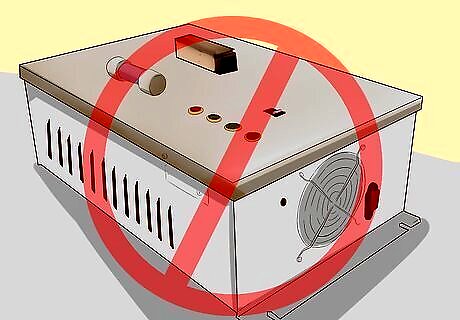
Avoid ozone generators. It is generally acknowledged that ozone in the air can be damaging to your health. Ozone is a lung irritant that can put you at risk of disease if inhaled regularly.
Filtering Odors with Carbon Filters or "Scrubbers"
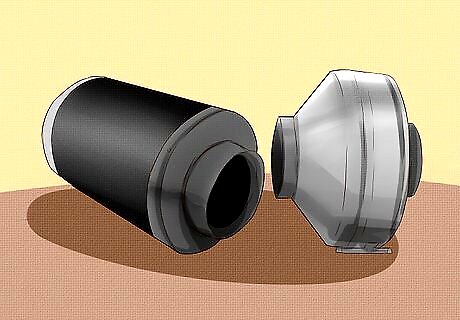
Purchase a carbon filter, aka "scrubber." Carbon filters are highly recommended for indoor gardens of all sizes. The contain activated carbon, which neutralizes the odors in air as it passes through. The carbon filter is installed in the grow room's exhaust system, where an inline fan forces the air through the filter before passing outside. There are two types of carbon filter, granular and block. Block is generally more effective, with a larger carbon surface area and greater density for slower, more thorough filtration. Granular filters may be effective for small cultivation areas. Choose the filter size according to the amount of air you need to evacuate, measured in cubic feet per minute (CFM). The intake fan in your exhaust system should have a CFM rating stamped on the body of the fan. Make sure the filter has a rating equal to or lesser than the fan's to ensure the fan is powerful enough to move the air through the filter. Likewise, both devices should have the same duct diameter (6 inches is standard, but check just in case). If you do not have a fan already, you may opt to purchase one separately, or as part of a fan-filter combination.
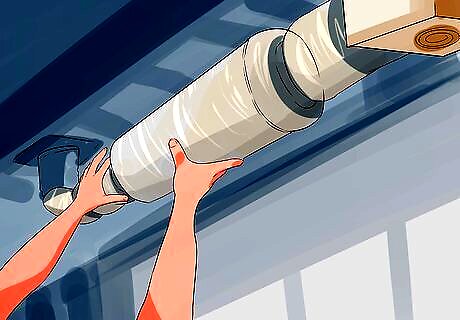
Install the carbon filter in your exhaust system. Connect the filter to the fan's intake side using an airtight clamp. Alternatively, you can use metallic duct tape for this step. Wrap fixture hangers around the filter and fan, and hang them from the ceiling using two hooks. Raise the system by pulling on the cords. Try to position the filter and fan in line with the ducting, which should be more or less parallel to the ceiling and pass into the wall. Attach the fan's exhaust end to the duct. Some people find it more effective to install the carbon filter at the opposite end of the exhaust system to the fan. In this case, attach the filter to ducting at the end or back of the system. Rig to the ceiling using the fixture hangers as described above.
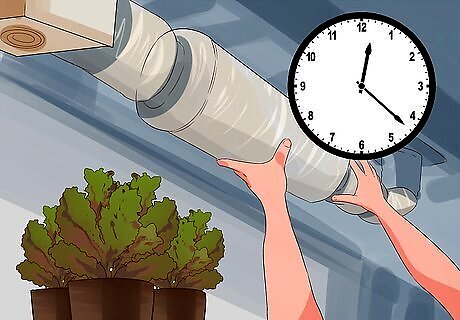
Run your filter 24 hours a day. Plants produce odor around the clock, so you'll need to manage it constantly.
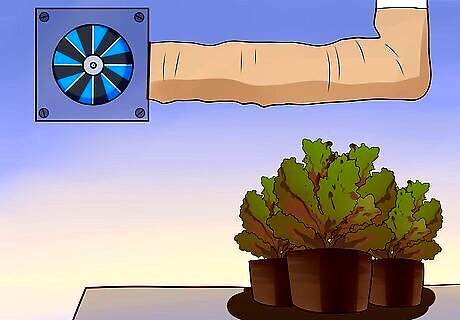
Keep humidity below 70 percent. Carbon filters are less effective in humid conditions. To help regulate conditions in your grow room at all times, consider connecting the extraction fan to a fan-speed controller that also measures humidity and carbon dioxide levels.
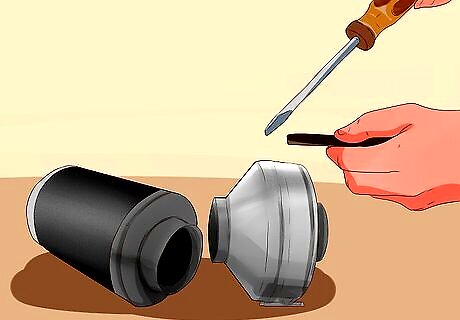
Change the carbon filter regularly. Over time, carbon's filtration power lessens, and odors will return. Depending on the filter, it may last between 9 to 12 months. Keep track of when you've last changed the filter and plan ahead to avoid odiferous interim periods.














Comments
0 comment